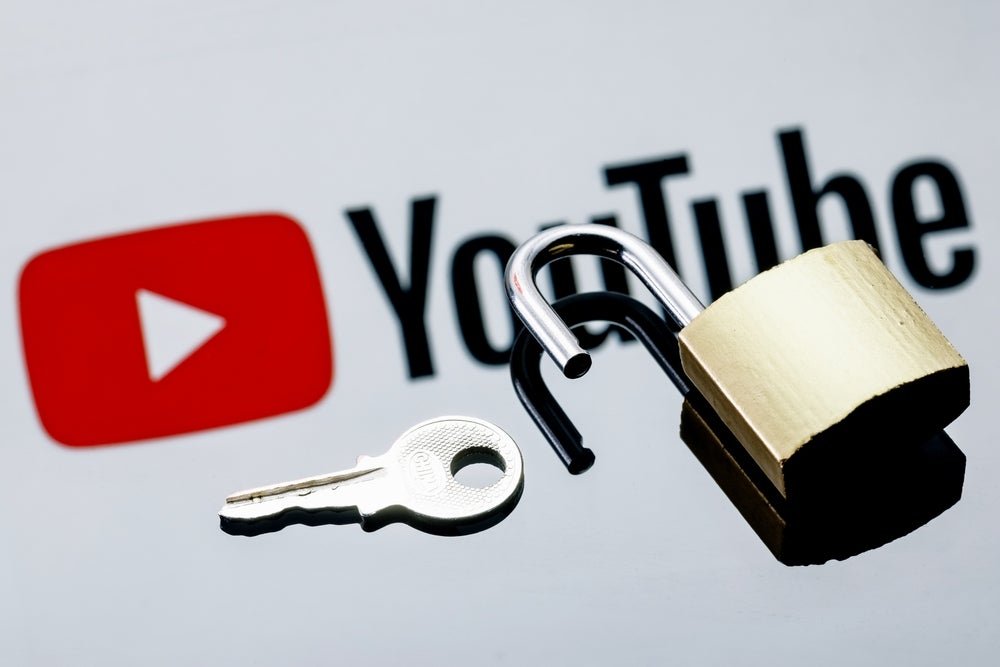Prominent tech YouTuber Marques Brownlee, also known as MKBHD, recently called out an AI company for using his likeness without permission. The company, called Agent Gold, launched its AI chatbots of popular YouTubers on Product Hunt earlier this year.
Brownlee expressed his frustration on X (formerly known as Twitter), stating that the AI company never sought his consent before using his likeness. He also suspected that other YouTubers on the platform may have faced the same issue. Brownlee urged users to avoid the company’s AI chatbot, calling it “trash” that spews lies.
The list of YouTubers available for chat on the platform includes MrBeast, Lex Fridman, Lilly Singh, and Dianna Cowern, known as Physics Girl on YouTube.
In response to a user, Brownlee clarified that he doesn’t mind the AI platform using his videos to train the chatbot. However, it’s the use of his likeness without permission that concerns him. He mentioned that Meta AI’s chatbot, which uses MrBeast’s image, uses codenames instead of real names for identification.
While it is unclear whether Brownlee intends to take legal action against Agent Gold, his statement brings attention to the issue of companies using influencers’ likenesses without permission. Social media personalities, like YouTubers, often build their brand around their personal image and identity. Unauthorized use of their likeness can be seen as a violation of their rights.
Agent Gold has not yet responded to Benzinga’s request for comments regarding the situation.
It is essential for companies to respect the intellectual property rights of individuals, including influencers and content creators. Obtaining proper consent before using someone’s likeness is crucial to maintaining ethical practices and avoiding potential legal disputes.
In the age of social media, where influencers have a significant impact on consumer behavior, it is important for companies to be mindful of how they engage with these individuals. Collaboration and partnerships can be beneficial for both parties when conducted with transparency and respect for each other’s rights.
As the story unfolds, it will be interesting to see how Brownlee’s callout influences the actions taken by Agent Gold and whether it sparks a broader conversation about the use of influencers’ likeness in AI technologies.
In the meantime, it serves as a reminder for companies to be cautious and respectful when incorporating influencers’ images or personas into their products and services. Building positive relationships and obtaining proper permissions should be at the forefront of any business endeavor involving influencers.





